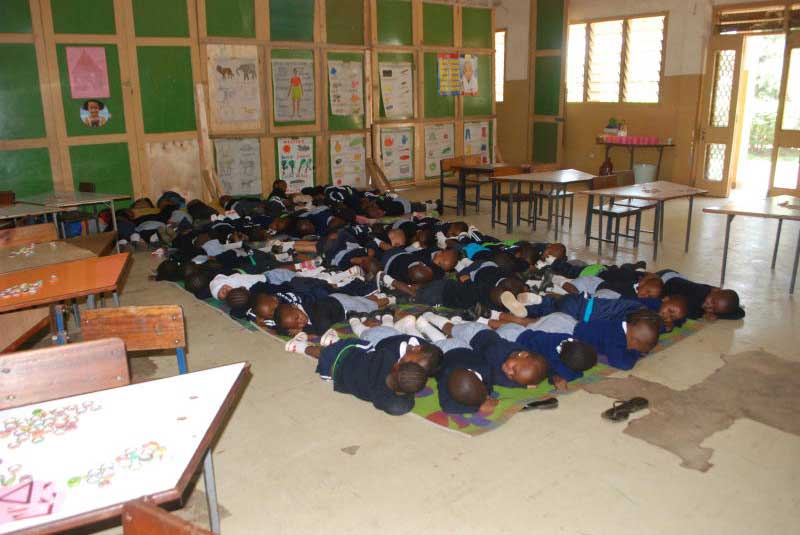
Education Cabinet Secretary has plunged the country’s education system into a quandary over the competency-based curriculum (CBC) that has been piloted, in the early grades, for two years now. All along, teachers, parents, children in the affected classes and other stakeholders have been waiting for the CBC to be rolled out in pre-primary to Grade two from next year.
Answering questions from the Senate committee on education, the CS gave the following challenges as hampering the rolling out of the curriculum: lack of necessary infrastructure, inadequate trained teachers and instructional resources.